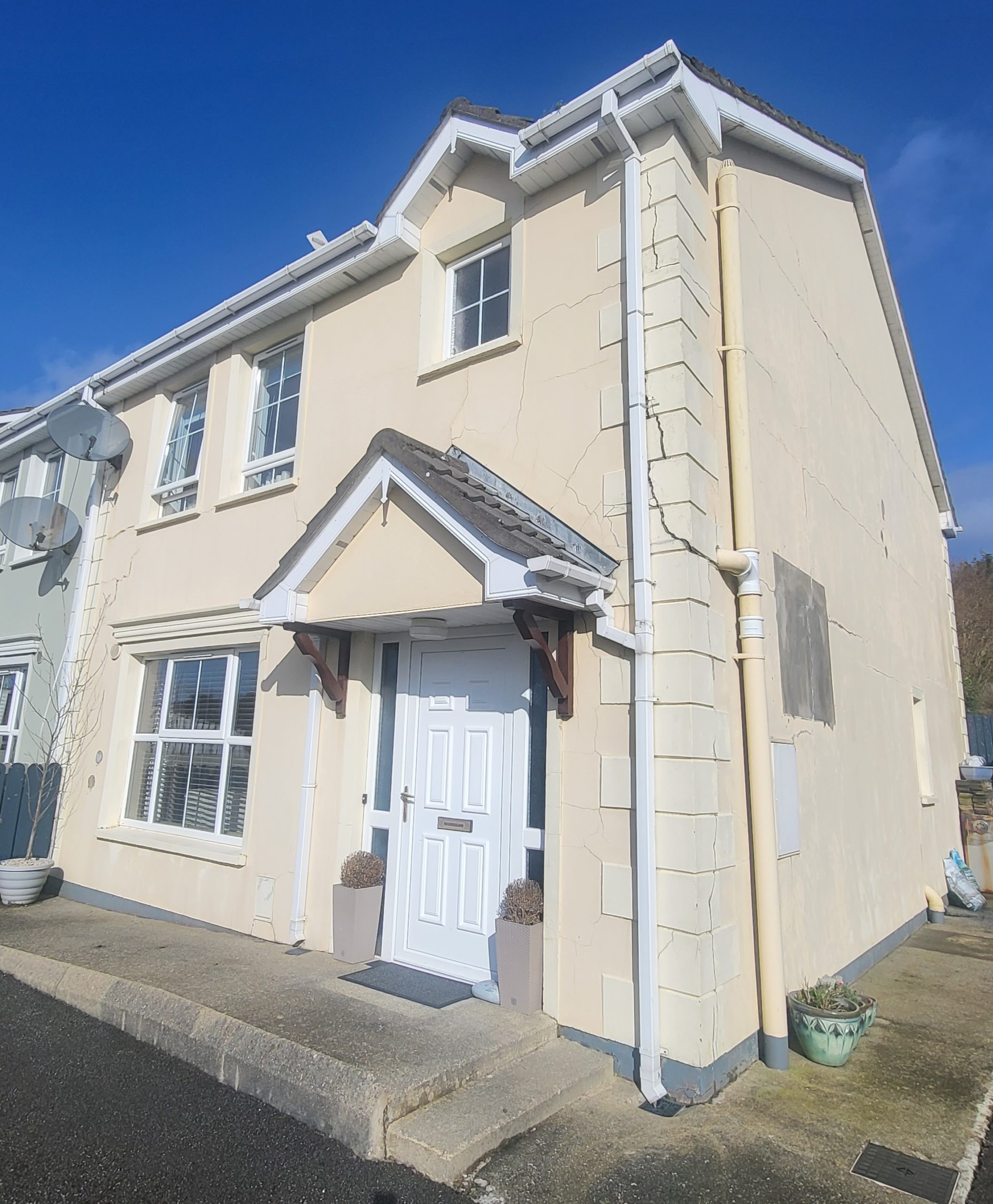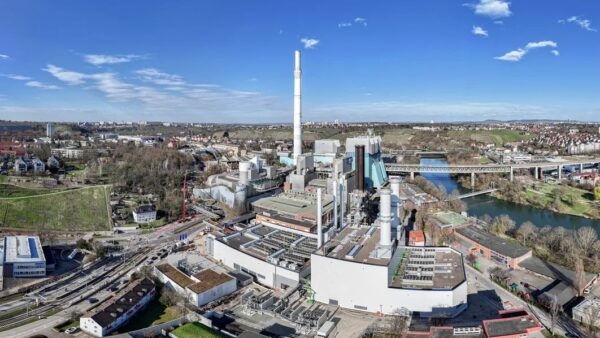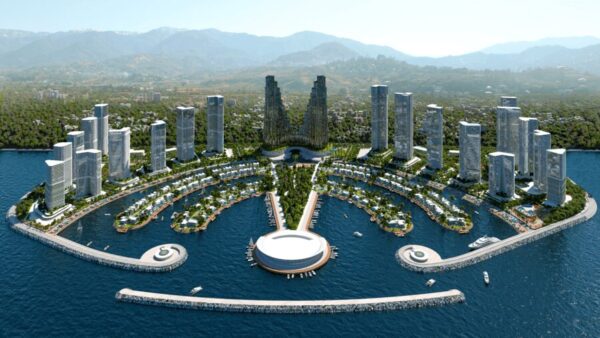
In response to thousands of homes crumbling in Ireland because of defective concrete blocks, the European Commission has launched an infringement procedure against the Irish government for allowing the sale of unsafe construction products.
An estimated 7,500 homes, concentrated in but not restricted to the northwestern county of Donegal, have been affected by the so-called “Mica Crisis”, in which homes built largely from the late 1990s and into the 2000s have too much of the mineral, muscovite mica, present in the aggregate of their concrete blocks.
Mica absorbs and stores water, which expands when it freezes, thus undermining the cohesion of the cement and weakening the block.
Deterioration is progressive because each freeze-thaw cycle opens the block to more water ingress. Cracks appear in walls, deepen, and spread as the blocks give way, allowing more water ingress.
Another impurity in concrete blocks, pyrite, is causing similar problems in western counties like Mayo, Galway, and Clare.
The Commission blamed the Irish government for “not carrying out market surveillance as required” by the Construction Products Regulation 305/2011, which requires authorities to monitor the manufacturing and sale of construction products before they are used.
Noting the “very serious damage” to thousands of properties, the Commission said the Irish authorities “limited their monitoring activities to finished buildings or finalised civil engineering projects. The limitation of market surveillance activities to on-site measures endangers the free circulation of safe construction products in the Union.”
The Commission gave Ireland two months to “respond and address the shortcomings raised”.
Slow-burning crisis that won’t go away
The problem became apparent in 2013, but it wasn’t until June 2020 that the Irish government introduced an assistance scheme, offering 90% compensation, with grants of €49,500 for external wall replacement, rising to an upper limit of €247,500 for complete demolition and rebuild.
It was widely denounced as inadequate, since homeowners had to pay €5,000 for a mica test and, in many cases, the cost of demolition and rebuilding would far exceed €247,500.
Thousands marched in protest in Dublin in June and October 2021.
In November that year, the government upgraded its Defective Concrete Blocks Grant Scheme, offering 100% compensation for mica and pyrite problem, with the upper limit for full demolition and rebuild increased to €420,000.
Many are still not happy since, in some cases, the full cost of demolishing and rebuilding is greater than €420,000.
To date, completed remediations have numbered in the low hundreds.
The enhanced grant scheme was originally costed at €2.2bn but, in 2022, cabinet ministers were warned that the cost of the scheme could surpass €3.6bn.
Last year, affected homeowners formed the “100% Redress” party calling for, among other things, no cap on the grant, a public inquiry into how regulations failed to stop the sale of defective blocks, and the prosecution of those responsible.
In June this year, the party won four seats on Donegal County Council.
- Subscribe here to get stories about construction around the world in your inbox three times a week










